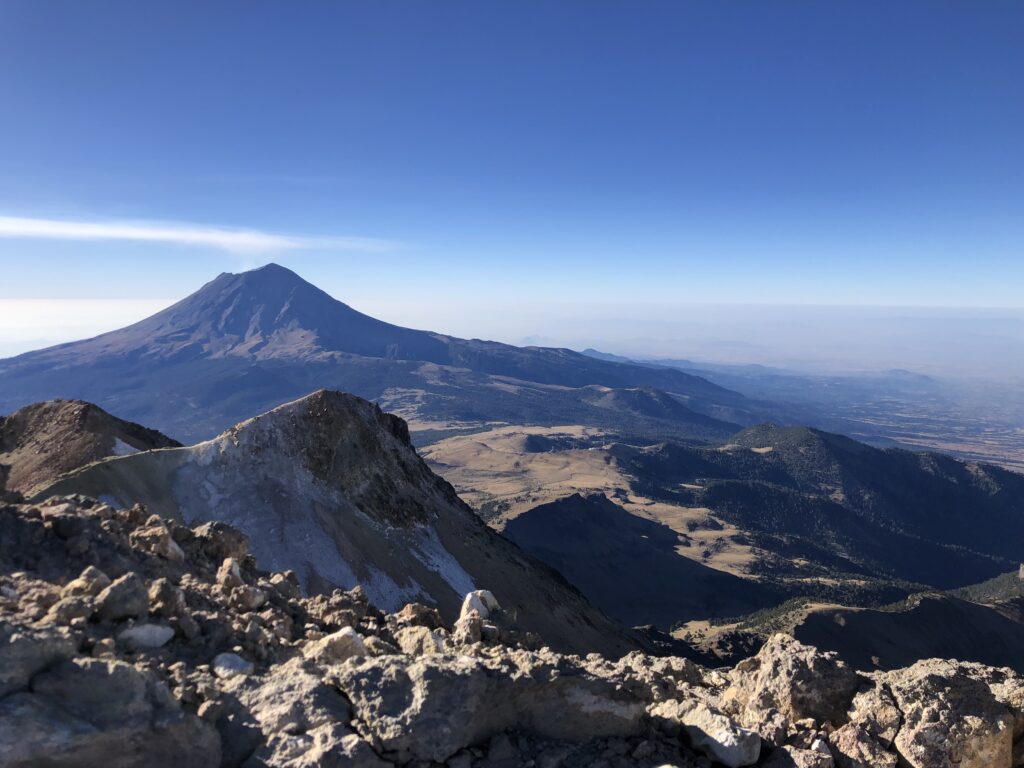I have lately been reading the nobel prize winner Thomas C. Schelling. He starts motivating the book by an anecdote in which the people at a conference sat down at the back of the auditorium, leaving the first twelve rows empty. He found it puzzling, and tried to conjecture some ideas as to why or how it is that groups end up in such equilibria.
From there, he motivates many examples in which macro behavior arises from phenomena where the agents act in a way that they do not observe or even care about the macro characteristics. One such example is the market behavior, as usually, the agents do not really care why or how it is that competitors are doing, as long as the price is not affected. In this way, prices are an efficient way of communicating supply and demand. Indeed, companies that are able to do it, conduct analysis on the elasticity of demand, which allows maximizing profits.
What is so interesting about such micro-behaviors is that certain equilibrium conditions allow for results that are not beneficial for everyone. As a matter of fact, a simple example is provided in which one crowded room concentrates a population, while it would be beneficial for everyone to spread between two rooms. What the key cause of the problem pins down it is the incentives that each agent has to deviate. I will not go into the detail of the assumptions (you can find that in the book in the first chapter), but simply think about two rooms, where there are 50 women in each room. As men arrive, they will crowd in one room because essentially a newcomer would not like to go to the room where there are no men. The assumption that leads to the equilibrium should not distract from the insight of such an example, which is that sometimes crowds are rational. This partially explains why some areas have high population density.
I am currently studying one such example, applied to inequality. The results are still preliminary to share, but it is encouraging if simply just to know that a great researcher before me thought about something similar. Hopefully soon I can share something new related to this topic in a new post.
For now, I share a picture of the last mountain I climbed.
